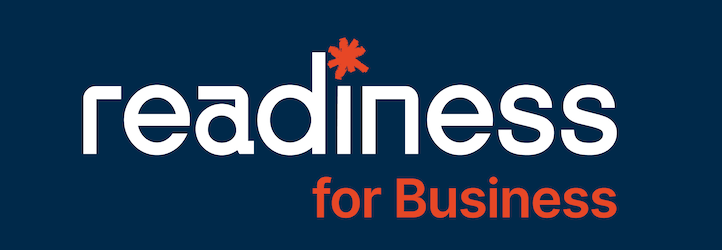When Australia’s Emma McKeon touched the pool wall with the very tips of her fingers in the Women’s 4×100 medley relay, final swimmer Cate Campbell was already diving in, only her toes still touching the block. It was the perfect changeover. A changeover that led to an Olympic gold medal.
And it all came down to trust.
As Aussie swimming legend Ian Thorpe revealed in his extraordinary commentary, the 0.04 second changeover meant Campbell didn’t actually see the touch, but rather trusted that McKeon would swim to the plan and get her fingers to the wall before Campbell’s toes left the blocks. Brilliant.
That’s how important trust is.
What is trust?
Trust is a feeling of certainty. Certainty that people are truthful, and reliable, and that they have your back.
Why does trust matter?
Some people are naturally more trusting than others, who require trust to be proven first. So, depending on the individual, the importance of trust has a different value.
However, when trust is lacking in the workplace team members don’t feel safe or supported, and the team can struggle to work through problems and challenges together.
Signs that trust is lacking:
- Poor results
- Double-checking work
- Factions
- Alternative agendas
- Broken promises
- Gossip
- Disrespectful behaviour
“Relationships are above trust. If you have to play detective in your relationship, then it’s time to move on,” says Kirk Peterson, Managing Director of renowned high performance team consultants, Performance Shift.
The Trust Tower
In the business world, trust is broken into three levels to form a “trust tower”.
First, at the base of the tower is outcome trust. Outcome trust is the foundation and should form 70 % of trust in a workplace.
Outcome trust is doing what we say we are going to do. It’s about keeping promises and commitments with our colleagues – from simple actions like promising to return a borrowed stapler through to delivering a major project to deadline. Outcome trust is easily measured because it’s always linked to the end result. When a team operates in a high outcome trust environment it is efficient and productive, things get done on time and to specification.
The second layer of the trust tower is relationship trust which makes up 20% of trust in the workplace. Relationship trust is about building rapport. Finding commonalities, friends, and a sense of belonging.
Workplaces with a strong relationship trust are typically great places to work and have very low staff turnover.
The final layer of the trust tower is emotional trust which makes up 10%. Emotional trust is about having each other’s backs. Teams with strong emotional trust don’t speak behind each other’s back, back-stab or gossip, and always ensure all relevant information is communicated well to other team members.
You know when emotional trust is present in a workplace because staff are loyal and there is a real sense of unity and teamwork.
Tips for improving trust at each level of the tower:
- Outcome trust – Honour commitments and stop saying yes to everything without considering the ramifications.
- Emotional Trust – Don’t speak behind people’s backs, support each other.
- Relationship trust – Find commonalities and mutual passions with those around you.
Building trust in the workplace
Firstly, consider implementing a playbook of standards which are aligned to the team’s goals and purpose.
These are standards that each member of the team has already agreed to, like punctuality, meeting deadlines, abiding by commitments made to other staff members, or even promising to have a positive or possibility mindset. It would require adherence and a level of accountability.
Every workplace is unique, so the ideal way to create a playbook is to get the team involved in its creation so they are fully invested in its standards and purpose.
Importantly, team members should be called out when standards are broken, as not doing so would be to tacitly condone the actions.
For trust to exist and flourish it is also crucial to create an environment of open communication. Is your team free to express opinions, thoughts and ideas without judgement? Is truthfulness and honesty one of the cornerstones of your business or organisation?
When people are listened to and encouraged to speak freely and honestly, they feel valued and supported are more likely to be invested in the business.
Tips for building trust:
- Own the current climate.
- Align the team and create a strategy playbook that everyone agrees on.
- Manage the lapses of trust. We will have these from time to time, so we need to have strategies on how to manage them.
The importance of trust in the workplace cannot be understated. It is the foundation of any successful relationship, so too for a business.
Peterson agrees: “Trust is fundamental to liberating human capacity and creativity; and allowing people to innovate and work beyond the limits of their capability, therefore you are unable to create a high Performing team without trust.”
Reviewing your own personal levels of trust and measuring the “trust temperature” in your workplace, is a great starting point for creating a high-performance environment with content, committed and productive employees.
It also leads to gold medals!
For help in identifying trust issues in the workplace, Readiness and Performance Shift are partnering to help build more effective and productive business teams with an ongoing focus on wellbeing. For more information click here.

